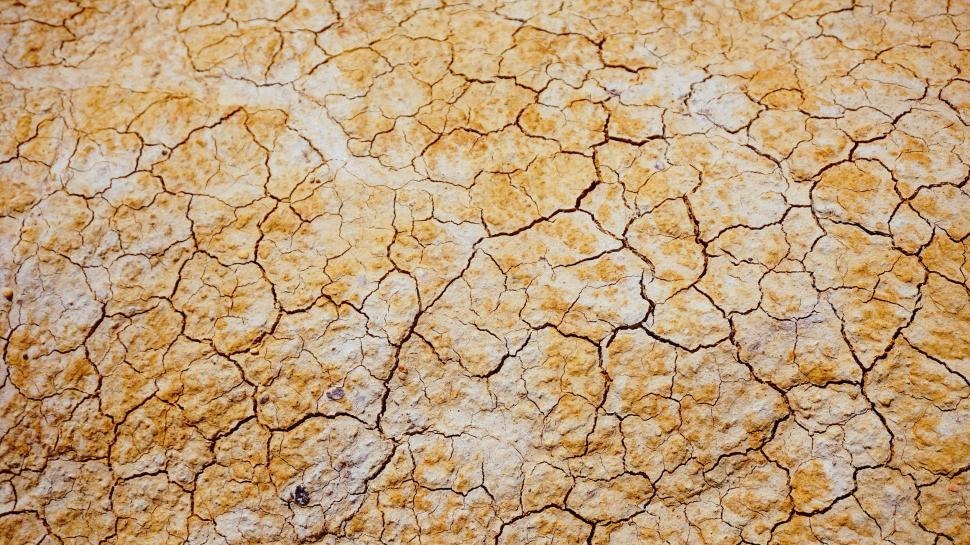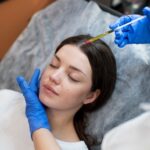Vaginal dryness is a painful symptom many people experience at some point during their lives.
This condition:
- Reduces hormone levels
- Is commonly linked to menopause
It leads to pain when you sit, exercise, pee, or engage and sexual intercourse.
Normally, a healthy vagina naturally produces a clear fluid that keeps the vaginal walls moist, thick, and elastic. When this moisture decreases, it can cause vaginal dryness, which can impact someone’s quality of life.
Some things you should check for to know whether you have this condition are:
- Experiencing an itchy or sore sensation in your vagina
- Needing to urinate more often than usual
- Feel pain or discomfort during sex
You can also keep getting urinary tract infections (UTIs). These things make you feel less likely to have sex.
Possible Causes of Vaginal Dryness
Menopause
It is a phase when that takes place after your periods stop. During this phase, your:
- Estrogen levels decrease
- The body undergoes several changes
Due to the reduced estrogen levels, the thickness and elasticity of your vulva and vaginal tissues decrease, leading to vaginal dryness.
Some other conditions that lead to vaginal dryness are:
- Breastfeeding and childbirth
- Birth control pills
- Cancer treatments
- Diabetes
- Not being sexually aroused
- Removal of your ovaries
- Medications like anti-estrogen medications, certain antidepressants, and antihistamines
- Using scented soaps, sprays, and washes
- Stress
- Smoking cigarettes
- Douching
- Drinking alcohol
A dry vagina may also cause:
- Burning and itching
- Bleeding after sex due to vaginal wall tissues breaking down
- Soreness in your vulva
- Needing to pee more often
- Not wanting to have sex
- Pain during sex
Less moisture in your vagina conducts less moisture in your vulva area. You may feel dryness or irritation during normal activities like walking or sitting.
How to Treat This Condition?
Healthcare providers detect the causes of vaginal dryness based on your medical history and a physical exam. For vaginal dryness treatment in Montréal, specialists offer personalized care, including hormone therapy and lifestyle recommendations to address discomfort and improve your well-being.
They:
- Ask about your symptoms
- Perform the following tests:
- Conduct a pelvic exam to view your vagina internally
- Blood tests to determine hormone levels or health conditions
- Propose medications
They test a sample of your vaginal discharge to prevent other causes or to check for signs of infection.
Medications to treat the causes of vaginal dryness
These medications work either by replacing or mimicking the effects of estrogen in your body. You can only purchase these medicines if you have a valid prescription for it.
Low-dose estrogen cream, ring, or tablets
These medications essentially replicate the effects of estrogen in your body. Creams and tablets are applied to your vagina using applicators. These are mostly described for daily use to find relief.
Ospemifene
You should consume this orally. This drug is a Selective Estrogen Receptor Modulator. It implies that your body will become more receptive to estrogen. Physicians recommend using this drug to treat the pain associated with vaginal atrophy.
Dehydroepiandrosterone (DHEA)
This drug imitates the effects of estrogen in your body. So you can use it to help reduce the pain you experience during sex. That’s because estrogen will help thicken and moisten your vaginal walls, which will reduce the pain.
Important tip: Talk to your physician about this medication before you start consuming it.
Natural remedies
You can opt for natural oils like:
- grape seed oil
- olive oil
- vegetable oil
- sunflower oil
- coconut oil
Some providers advise regular sexual stimulation to help encourage your vaginal tissues to become moist. So, you can use any of these oils as a lubricant before intercourse. This will help you reduce the pain associated with vaginal dryness.
Another thing to try is a longer period of foreplay before intercourse. You can also look for other ways to stimulate yourself before intercourse.
You may feel embarrassed to talk to your healthcare provider about vaginal dryness though it is not a sign of a serious medical condition.
There are many ways to treat this commonly occurring symptom.
Consult a doctor if vaginal dryness:
- Interferes with your daily activities
- Affects your sex life
- Does not improve with over-the-counter treatments
- Is accompanied by severe vaginal bleeding
Hormone therapy may not be the right treatment for everyone. So you should consider some of the side effects of replacing estrogen before you do so:
- Weight gain
- Fluid retention
- Nausea
- Headaches
- Breast tenderness
- Spotting of the skin
- Increased risk of Stroke,Blood clots
- Breast and ovarian cancer
Conclusion
Since vaginal dryness causes discomfort in the vaginal and pelvic region, you can consider getting an appointment for this in Montréal. You should remember to research the best healthcare providers before you do so.
They will help you learn more about the causes of vaginal dryness. Additionally, do remember that it isn’t a cause for shame and that it happens to a lot of people. Best of luck
Visit our home-page for more information



